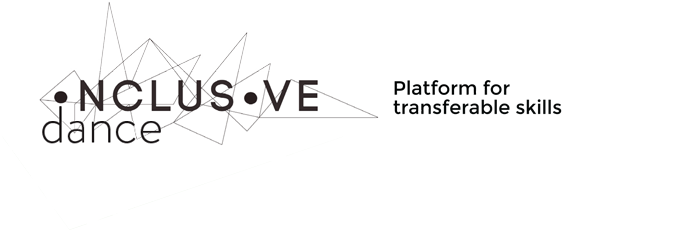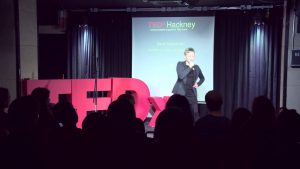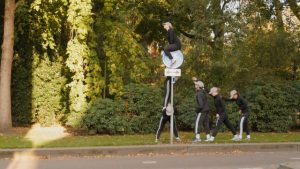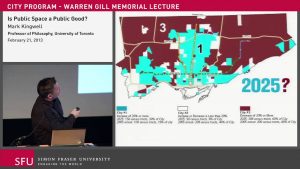Booklist on themes of neuroscience and influence of movement on the nervous system
Norman Doidge: The Brain That Changes Itself: Stories of Personal Triumph from the Frontiers of Brain Science
This is a book on neuroplasticity by psychiatrist and psychoanalyst Norman Doidge, M.D. It features numerous case studies of patients suffering from neurological disorders and details how in each case the brain adapts to compensate for the disabilities of the individual patients, often in unusual and unexpected ways. Interviews with the patients, clinicians, and research scientists involved in these studies make up a large portion of the contents.
Oliver Sacks: The Man Who Mistook His Wife for a Hat and Other Clinical Tales; Musicophilia
These books are describing the case histories of some of the patients of neurologist and neuroscientist Oliver Sacks. The books comprise different essays split into several sections, each dealing with a particular aspect of brain function. Some sections discuss deficits and excesses (with particular emphasis on the right hemisphere of the brain). Another sections describe phenomenological manifestations with reference to spontaneous reminiscences, altered perceptions, and extraordinary qualities of mind found in mentally handicapped people.
Steven H. Mithen: The singing Neanderthals: The origins of music, language, mind, and body
The propensity to make music is the most mysterious, wonderful, and neglected feature of humankind: this is where Steven Mithen began, drawing together strands from archaeology, anthropology, psychology, neuroscience – and, of course, musicology – to explain why we are so compelled to make and hear music. But music could not be explained without addressing language, and could not be accounted for without understanding the evolution of the human body and mind. Thus Mithen arrived at the wildly ambitious project that unfolds in this book: an exploration of music as a fundamental aspect of the human condition, encoded into the human genome during the evolutionary history of our species.
Daniel Levitin: This Is Your Brain on Music: the science of a human obsession
In this groundbreaking union of art and science, rocker-turned-neuroscientist Daniel J. Levitin (The World in Six Songs and The Organized Mind) explores the connection between music – its performance, its composition, how we listen to it, why we enjoy it – and the human brain. Drawing on the latest research and on musical examples ranging from Mozart to Duke Ellington to Van Halen, Levitin reveals: how composers produce some of the most pleasurable effects of listening to music by exploiting the way our brains make sense of the word; why we are so emotionally attached to the music we listened to as teenagers, whether it was Fleetwood Mac or U2; that practice, rather than talent, is the driving force behind musical expertise; how those insidious little jingles (called earworms) get stuck in our head.
Bettina Bläsing, Martin Puttke, Thomas Schack: The Neurocognition of Dance: Mind, Movement and Motor Skills
Dance has always been an important aspect of all human cultures, and the study of human movement and action has become a topic of increasing relevance over the last decade, bringing dance into the focus of the cognitive sciences. This book discusses the wide range of interrelations between body postures and body movements as conceptualized in dance with perception, mental processing and action planning.
The volume brings together cognitive scientists, psychologists, neuroscientists, choreographers, and ballet teachers, to discuss important issues regarding dance and cognition. First, scientists introduce ideas that offer different perspectives on human movement. Professionals from the world of dance then go on to report how their creative and pedagogical work relates to cognition and learning. Finally, researchers with personal links to the dance world demonstrate how neurocognitive methods are applied to studying different aspects related to dance.
This book is suitable for students and professionals from the fields of neuropsychology, cognitive psychology, sport psychology and sport science, movement science, motor control and development, kinesiology, cognitive robotics, dance, choreography, dance education and therapy.






